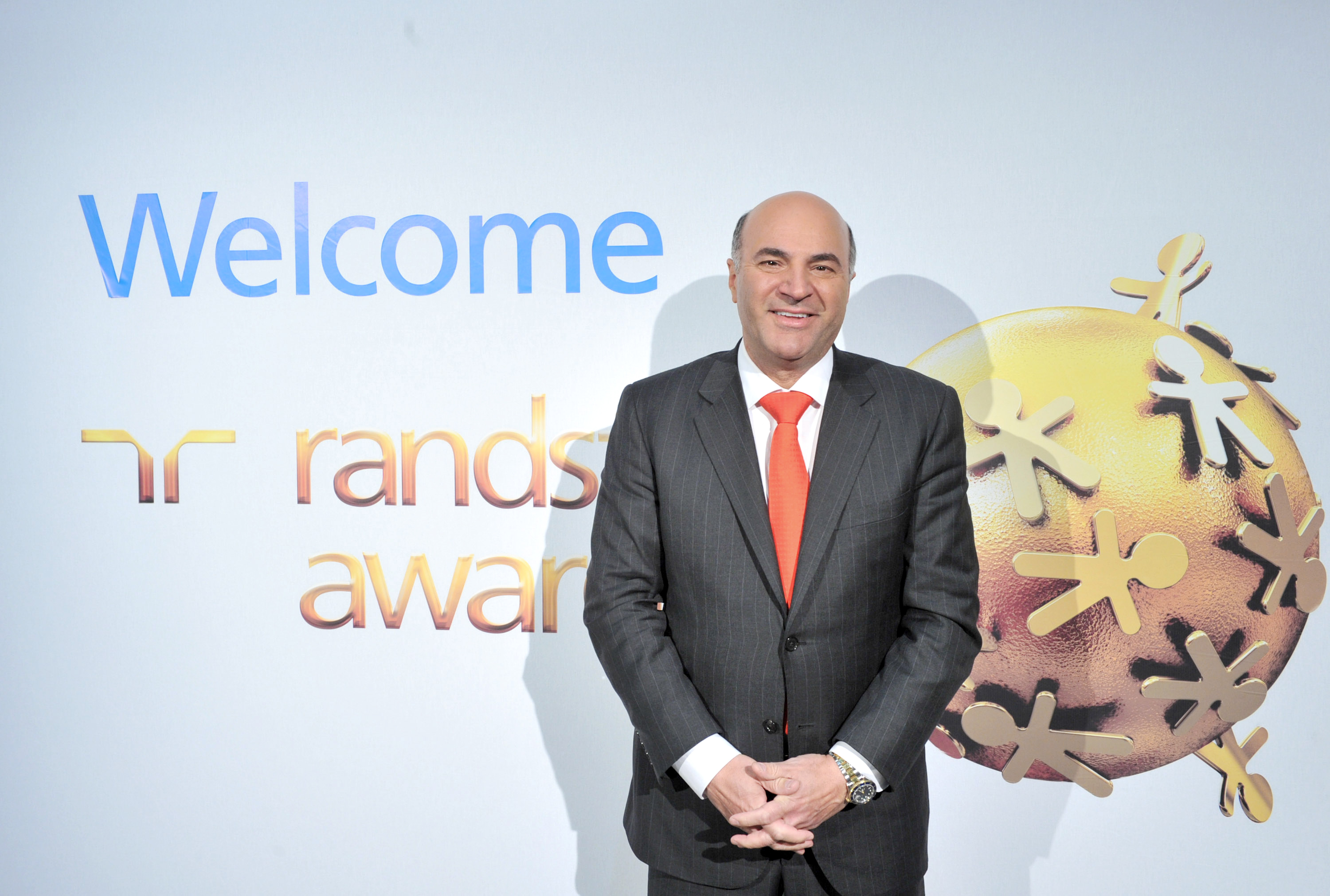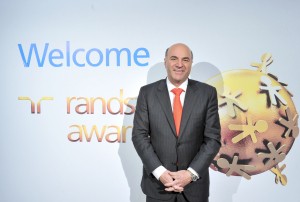Life’s good and only getting better


Last week, a new study emerged that has reignited the already vicious debate regarding income inequality. According to Oxfam International, the richest 85 people on the planet have approximately as much wealth as half the world’s population. In other words, 85 people combined are wealthier than 3.5 billion people.
The media was quick to pounce on this. I first caught wind of this on The Daily Show and following that, I caught it on the Lang and O’Leary Exchange just in time to hear Kevin O’Leary call these findings “fantastic.”
I mean, this is outrageous right? How could this happen? Well the truth is, it’s not outrageous at all. While I don’t air on the side of O’Leary who seems to genuinely believe a poor Ethiopian citizen can one day be Donald Trump, I submit that these findings don’t matter when you add context. I’d argue that this study is incredibly misleading.
Comparing the income of American millionaires to the income of say, starving children in Africa, is a juvenile and frivolous practice that shows very little we didn’t already know. In fact, this battle over income inequality that has emerged recently is a faux controversy that needs to be dispelled.
First, let’s crunch some numbers. The United Nations’ International Labour Organization calculated that the average global annual income is $17,760US. That means if you’re here in Canada and working minimum wage, you’re making more than the global average. In addition, if you live in the Western World, you’re probably living in the top one percent of the world’s population in terms of wealth.
It’s recorded that India has a third of the world’s poor in it’s country. It’s also estimated that more than a third of the entire world’s population lives on two dollars a day.
With millions of people living in squalor,, of course Bill Gates will be making more than them.
You can find the average daily income of a third of the planet, just from picking up some coins from the ground.
This isn’t news, and pointing out economic differences between countries in the third world and America does nothing to further the debate on income disparity. It just adds fuel to the fire.
If we’re to talk about income inequality, it needs to be looked at on a country-wide level. One country’s economic situation isn’t the responsibility of another country. Obviously Canada should put it’s own economic growth first, and it’s only practical to do so.
Now when we discuss inequality in a single nation, that’s when the debate heats up. I’ll keep this United States focused because the data is more vast; however, my point will apply to Canada also.
We know about the top one percent and how they control most of the country’s wealth. Moreover, those people in the top one percent have seen their income skyrocket over the past 50 years, while the middle-class and lower-class have only seen a small bump in pay. But again, this shouldn’t matter, and the reasoning is simple.
In order for the top one percent to make money, they must sell their goods and services to everyone else. If no one is buying those goods, then the one percent won’t make a profit. Therefore, if the majority of the public is falling from the middle-class, in order for the corporations to make money, they must make their goods affordable.
If no one could afford toasters, then the companies supplying them would need to cut the price in order to gain consumers. And let’s be clear, when we talk about the one percent we’re not talking about celebrities, we’re talking about businesses.
So in reality, it doesn’t matter how rich someone is getting because they must keep their goods cheap enough to be bought. That’s why today, people below the poverty line have computers, cell phones and PlayStations. The quality of life for the poorest of Americans is significantly better than what it was a decade ago, and same with the decade before that.
In our society, it’s the consumers that drive the market. Regardless of how much wealth the majority has, companies will tailor their products to that crowd. I think that’s what it really comes down to.
We can complain about inequality, but realize that in the Western World, the quality of life and the options available for everyone growing exponentially.
I understand it seems almost morally corrosive to act with such indifference to this inequality, but these studies only perpetuate the misconception that the rich are somehow stealing from our back pockets and leaving us to starve.
The strong majority are still relatively well off here in Canada, and the same goes in America. If you have a job, you can manage, and if you have a two income family, life’s pretty good.
These findings aren’t “fantastic” but nor are they shameful. So before you grab your pitchforks and riot around the nearest Wal-Mart, remember to turn off your laptop and bring your iPhone.

